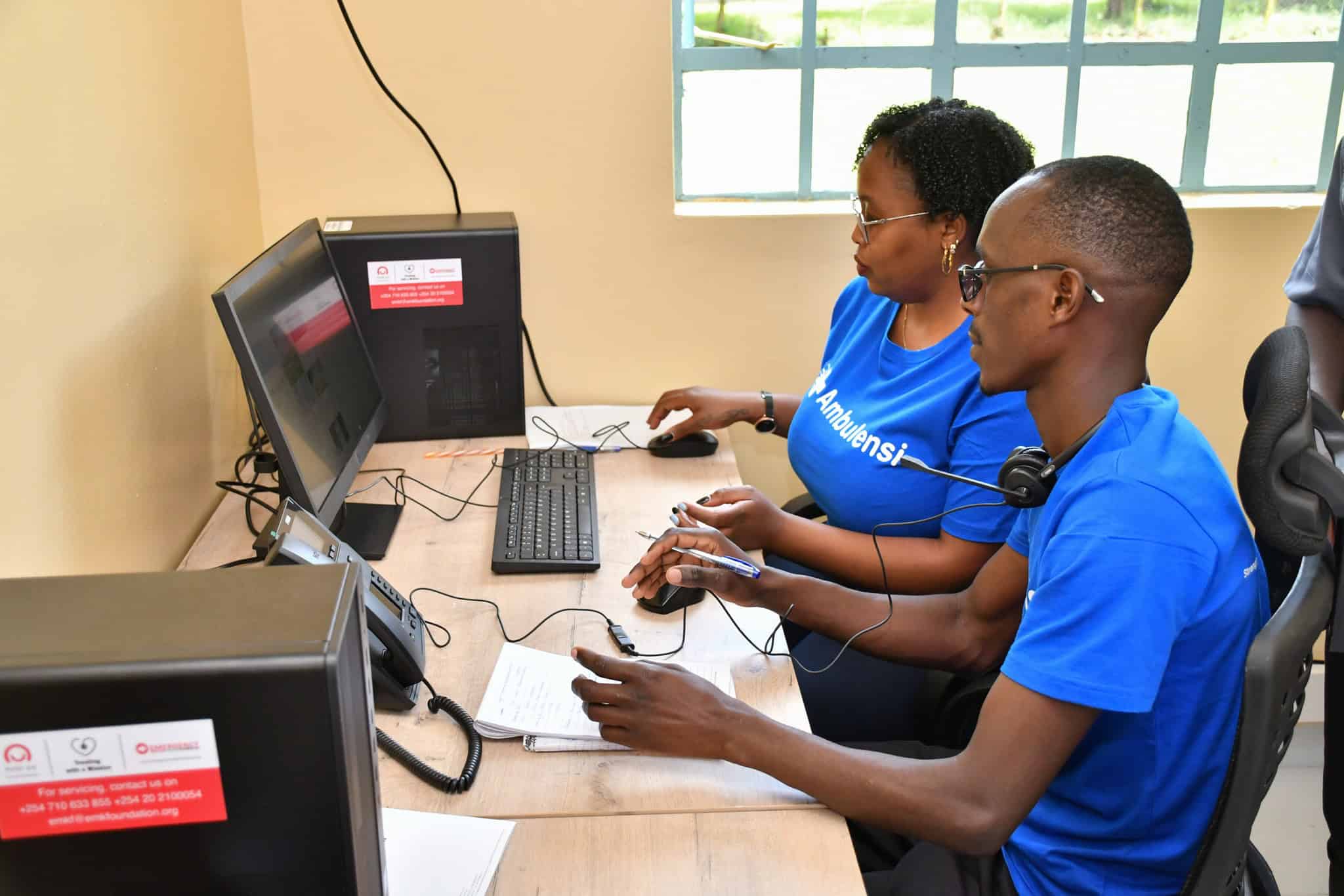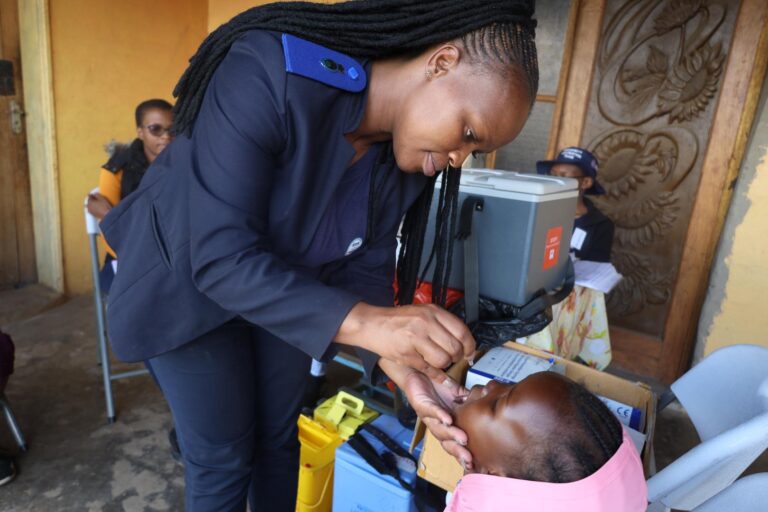How HMIS Reduces SHIF Claim Rejections in Kenya
Hospitals across Kenya face significant financial losses due to rejected SHIF (Social Health Insurance Fund) claims. As health economist Omondi Ochuka notes, delays in claim processing create major inconvenience for patients across the national healthcare system. This highlights the need for hospitals to submit accurate and timely claims.
SHIF Claim Submission on the Centralized Digital Platform
SHA’s (Social Health Authority) guidelines require providers to submit claims electronically through the agency’s Centralized Digital Platform within seven days of service or discharge, ensuring all documentation is complete and services are covered under the beneficiary’s package. Claims submitted late, incomplete, or for inefficient services risk rejection, with providers having 30 days to appeal any decision.
With these challenges, a solution that streamlines hospital workflows, automates billing and coding, and ensures timely submission is no longer optional—it is essential. This is where Hanmak’s MedicentreV3 HMIS (Healthcare Management Information System) comes in, helping facilities reduce errors, recover revenue, and operate more efficiently.

Common Hurdles in Claim Approval
| Key Issue | How it Affects Claims | How MedicentreV3 Solves This |
| Item Billing Errors (ICD-11** coding) ** World Health Organization’s International Classification of Diseases version 11 |
Incorrect diagnostic codes → claim rejection | ICD-11 database integration ensures correct codes; careful review of each bill item minimizes claim rejection risk |
| Patient Bill Review | Missing or inconsistent items → claim denial | Workflow prompts ensure all bill items match patient records; careful review of each bill item minimizes claim rejection risk |
| Department Approvals / Communication | Delayed or missing approvals → delayed submission | Centralized dashboards and alerts for administrative approvals; careful review of each bill item minimizes claim rejection risk |
| Timing & Submission | Late submission → delayed reimbursement | Automated HIE-based** submission to SHA; ensures timely claims delivery**Health Information Exchange |
| Documentation Completeness | Missing forms or data → rejected claim | Mandatory digital fields with validation before submission |
Hospitals often struggle with errors originating internally—from billing mistakes to delays in administrative approvals. HMIS addresses these issues systematically, ensuring every claim is accurate, complete, and submitted on time.
How Hanmak’s MedicentreV3 Addresses Issues in Medical Billing
| MedicentreV3 Capability | Benefit |
| One-stop-shop solution | Integrates clinical and administrative workflows into a single system, reducing internal errors and claim delays |
| Seals revenue leakages | Automates billing, ensures all services are charged correctly, reducing revenue loss |
| Reduces inventory losses | Tracks consumables and medications, preventing stock-related claim errors |
| Boosts patient outcomes | Standardizes clinical data, reducing errors that could affect claim validity |
| Enhances operational efficiency | Cloud-based platform enables real-time access and coordination, minimizing claim processing delays |
With MedicentreV3, hospitals gain a unified platform that touches every part of the workflow—from patient medical data to billing review to claims submission—ensuring accuracy, speed, and transparency at every step.
 Image Source: PATH
Image Source: PATH
HMIS Impact Across Kenyan Hospitals
Nationwide, hospitals in Kenya confirm that adopting HMIS had an immediate positive effect on operations. Significantly, average claim rejection rates fell by 35% while billing time decreased by 20%. These improvements were achieved across both clinical and administrative teams. Careful review of each bill item, automated ICD-11 coding, and HIE-based submissions collectively strengthened revenue reliability and operational efficiency.
This demonstrates that internal process optimization—supported by robust HMIS technology—can have measurable, system-wide impact. Even in facilities of different sizes and capacities, standardized workflows reduce errors and accelerate reimbursements, ultimately boosting both operational efficiency and financial sustainability.
Best Practices & Recommendations
To maximize the benefits of HMIS, hospitals should consider:
- Training staff on proper use of the system across departments.
- Implementing pre-submission checklists to catch errors before claims leave the hospital.
- Monitoring dashboards regularly for claim progress and discrepancies.
- Leveraging automated coding and HIE submissions to minimize manual errors.
These steps reinforce HMIS’s value, ensuring that every claim has the best chance of approval.
Key Takeaways
Adopting Hanmak’s MedicentreV3 HMIS empowers hospitals to reduce claim rejections, recover lost revenue, and streamline operations. By combining automated ICD-11 coding, HIE-based submission, and centralized workflows, facilities across Kenya are realizing measurable improvements.
Take action today: discover how HMIS can transform your hospital’s billing and claims process.







